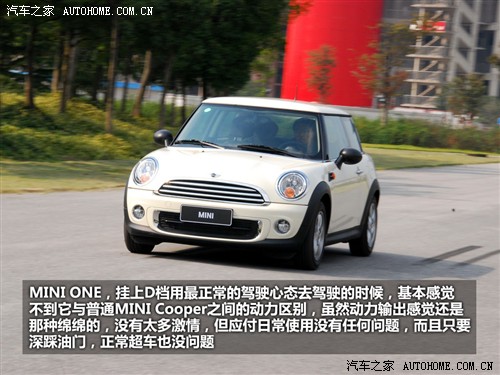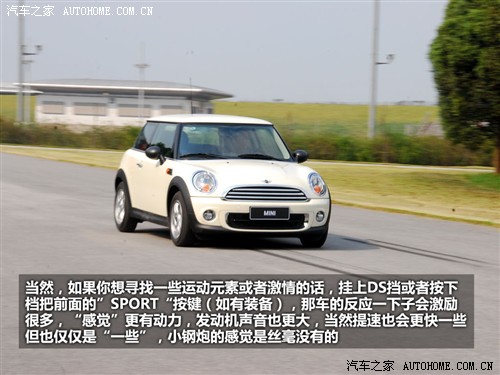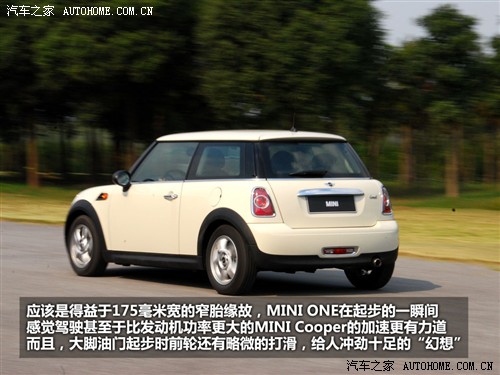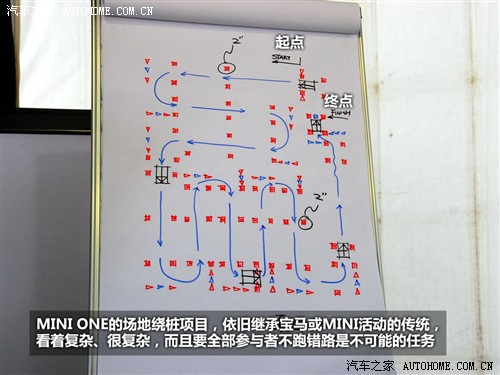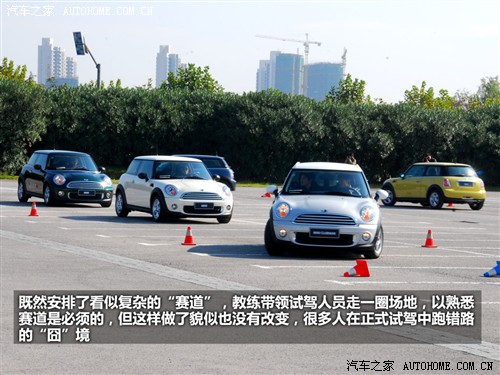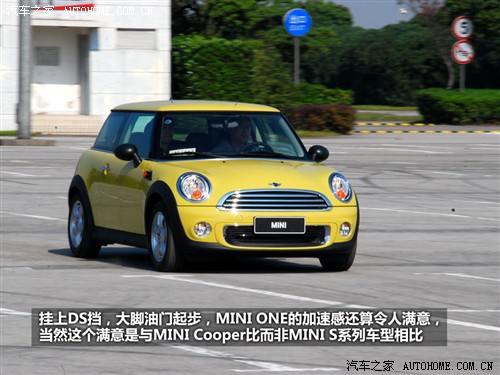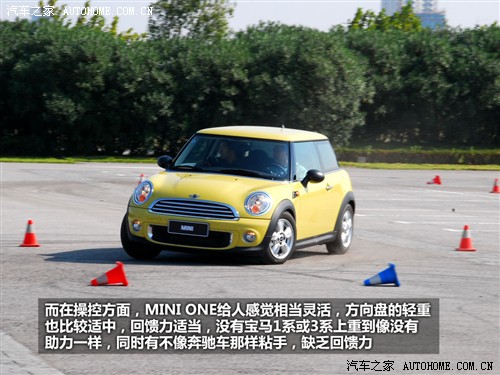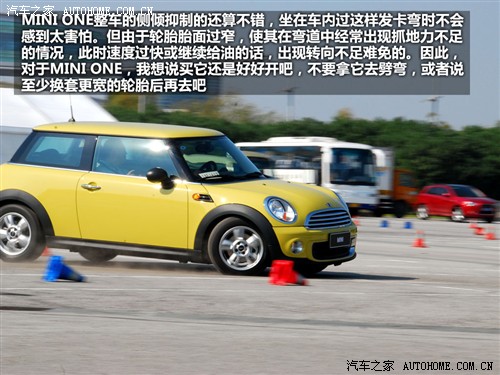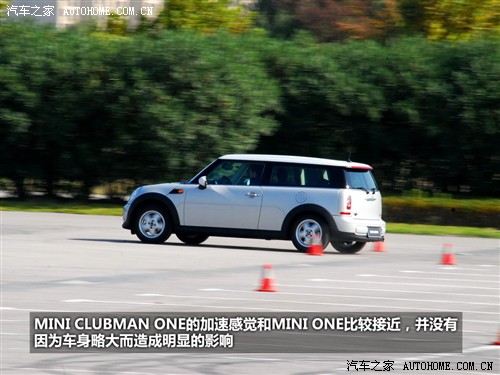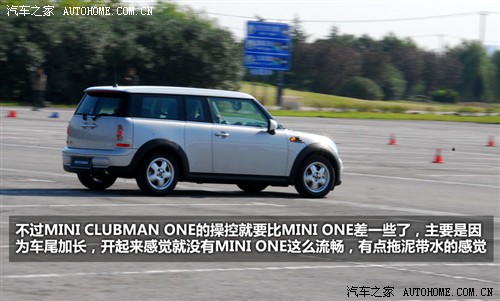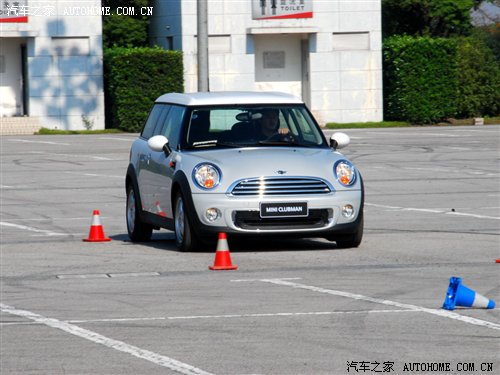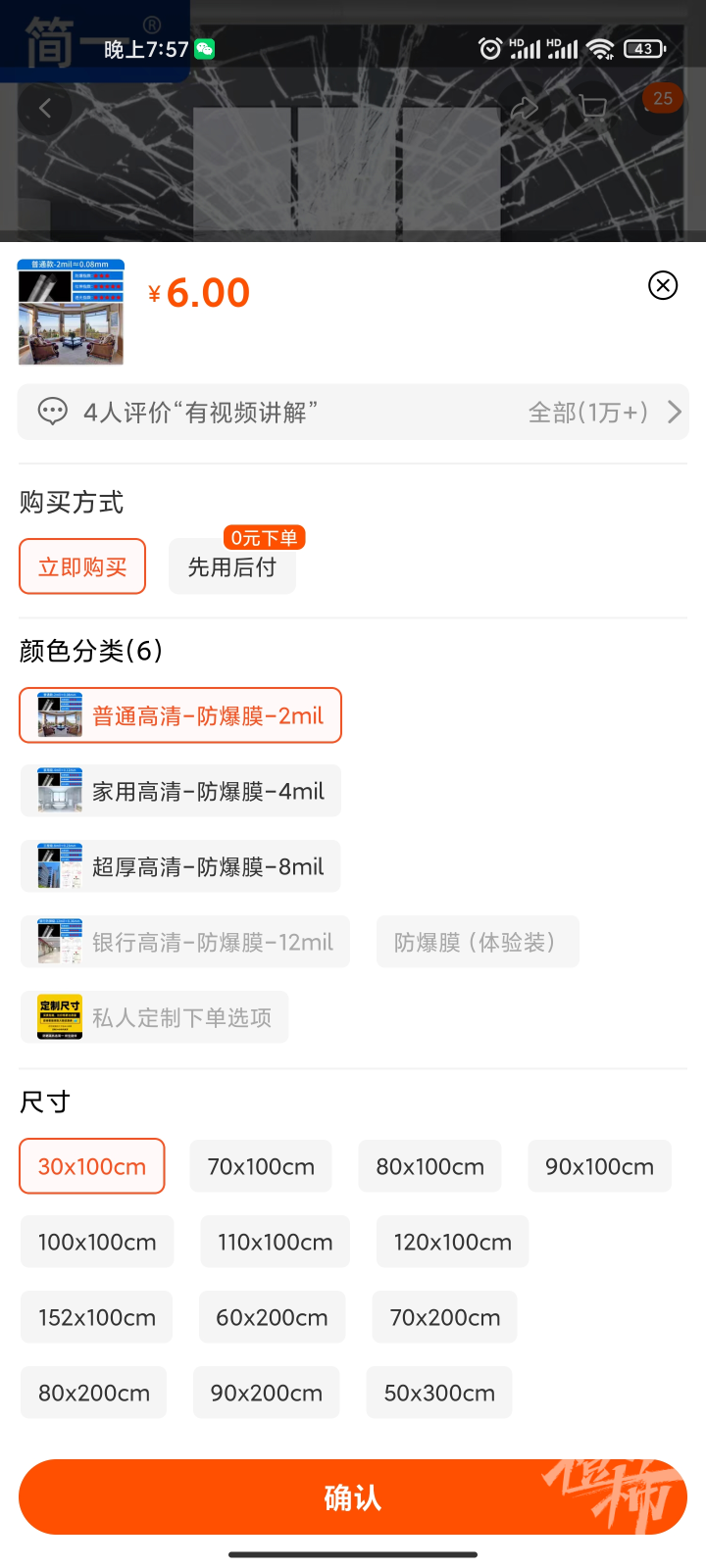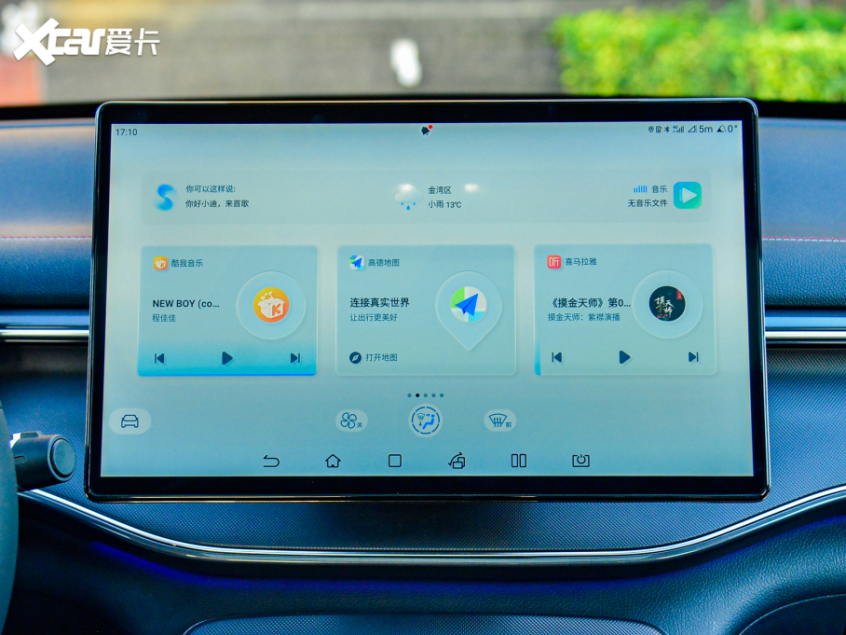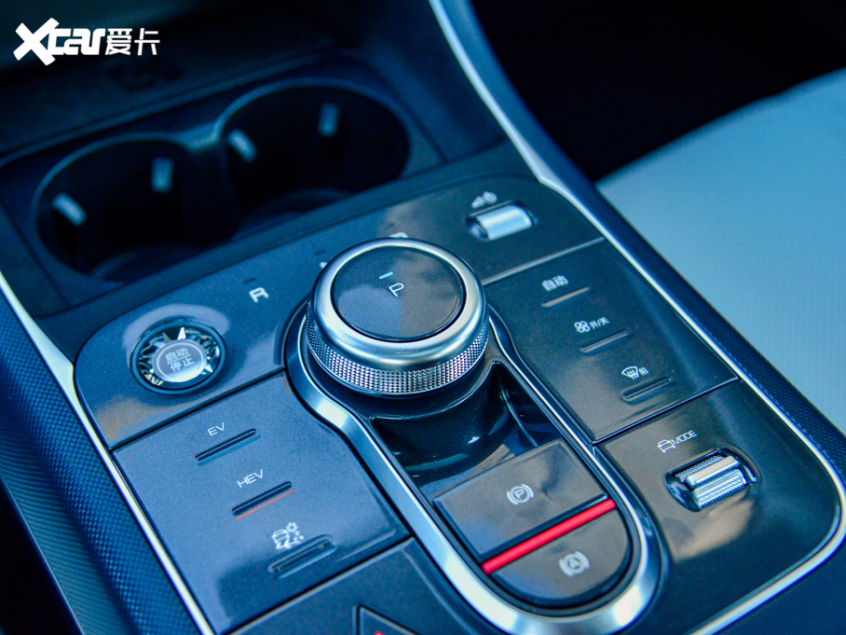[Interview with manufacturers of Guangzhou Auto Show in 2014]
On November 20th, 2014, Zheng Chen, the deputy director of the post-80s generation who was in charge of design of Changan Automobile, and the design team of Changan Yuexiang V7 were interviewed by the media at the Changan booth of Guangzhou Auto Show, mainly focusing on the design of Changan Yuexiang V7, including the exterior and interior parts. The following is an interview record:
Zheng Chen: Let me introduce our team. I am in charge of the whole design of Chang ‘an. First, let me introduce Tian Jiyu, who is the exterior designer of Chang ‘an Yuexiang V7, and Carminati Stefanc is familiar to everyone. Carminati Stefanc is the assistant general manager of Chang ‘an European Design Company, and he is responsible for the exterior design of Yuexiang V7. Hu Jian is the assistant general manager of Chang ‘an Europe, responsible for the model design of Yuexiang V7, Xia Huiquan is the interior designer of Chang ‘an Yuexiang V7, and Miniaati Fabio is also the design manager of the interior department of Chang ‘an European Design Center. He is also responsible for the interior design of Yuexiang V7. Zhou Jin is also the interior designer of Yuexiang V7.

Media: I want to know about Changan’s design concept, because we know that many brands are pursuing the concept of family. So far, we haven’t seen a very unified family in Changan, but we seem to have made such progress in this Chang ‘an Yuexiang V7. Will there be an Changan design concept in the next step, or will there be different family design concepts in Yuexiang or these series?
Zheng Chen: I believe most people will be very concerned about this issue. Do you want to make it familial? It must be necessary. The familyization of some car factories or other companies you mentioned just now is actually divided into several levels. If it is a mature brand, its familyization signal is very strong, but as a brand that is in the process of further development, in fact, its familyization needs to be selected again after this. And does Chang ‘an want to be famished? Yes, but this family is divided into time periods. First of all, in this generation of cars, as you can see, what we achieve is a unified "form language", which ordinary consumers may not see. Everyone is more concerned with graphical things. Whether graphical things should be famished in such a hurry, in fact, each company has its own choice. Our company’s strategy is relatively steady progress, because more exploration is needed on this. You can see the shadows of Yuexiang, Yidong and Zhishang XT from Chang ‘an Yuexiang V7. In fact, if you say something graphical, it is almost irrelevant, but you think it is divine. In fact, in my introduction this morning, I actually talked about this problem. Don’t just limit the design to graphics. The key is to be vivid. If this expression can be spread, the family will be successful. This is the familyization in our mind or what our company hopes to achieve, and it is more vivid. We are doing this work,And this work will take several years, as you know, a model will take about three or four years to come out, and this will take time to prove.

Let me assure you that some products we are studying will be released soon, which can already reflect a series of similar forms, languages, proportions, postures and some graphical things. If we look at this thing in a professional way, the proportion of posture is the first, followed by formal language, followed by graphical things, and graphical things are just a company’s decision, whether it needs the same or not, whether to maintain diversity or not. Many companies in the market have different practices, so you can have a look. The first is proportion and posture, the second is form language, and the third is graphic details.
Media: With regard to the process of forward-looking design and real mass production, what position will we achieve when we carry out forward-looking design? How to solve the problem of coordination with engineers when designers carry out the whole conceptual design and finally mass production? Because many conceptual things are really mass-produced, is there any trouble in the process?
Zheng Chen: This question is very good, and I like it very much, because I once gave a speech and report to the top management of the company a week ago, and one of the points mentioned was the relationship between engineering and styling design. I believe all enterprises are talking about it, and the design directors of independent enterprises will talk about it. I use a metaphor, engineers are like men, we are women, and styling design is women. In fact, its nature is very similar. Engineers pay attention to rationality, and they must be realized step by step and based on existing technology, which is more masculine. Modeling is more emotional, but it is actually more sensitive, and this is more like a female trait. The final crystallization of the marriage between a man and a woman in an enterprise is this product. Engineers and designers, if the marriage is happy and the parents are well raised, the child’s achievements will be good.
I must say that although what you see today is the modeling team, I must thank Mr. Chen Zeliang, the project director, and the whole engineering team for their cooperation in this project. This engineering team is very forward-looking and we can say that it is a creative concept. Breaking through the technical barriers, we have paid a lot for our current modeling, and we can realize it. I also know that many enterprises are not very happy in this marriage, and their parents are not harmonious, and they often quarrel and shirk their responsibilities. If they are not raised together, the possible results will be very poor, and the results you just mentioned will be produced. My concept car is OK, and I have always been a single-parent family, so I have done it myself, so I have done it beautifully. However, once it comes to mass production, another parent said that I don’t agree. When two people disagree, there is no compromise, no mutual understanding and no commonality. In fact, the final result is likely to be changed beyond recognition. Actually, who suffered in the end? We can prove whether the marriage is happy or not by seeing the last child.

Media: Chang ‘an’s design team is an international team, including China people and foreigners. What do you think of the aesthetic differences between the East and the West? How to communicate and achieve unity? Then the extension of this question, whether Chang ‘an side thinks that this car also has nationality, including clothing and so on, there is such a call that China people should have clothes with China characteristics, and whether the car needs to have such characteristics. Now, including some foreign car companies, they also try their best to find China elements to make the shape of this car more in line with China people’s tastes and aesthetics.
Zheng Chen: Actually, between a team, we are throwing out the aesthetics of the East or the West, but the aesthetics of Chang ‘an, which is the design department of an enterprise. Therefore, we are not going to strengthen whether you are beautiful in the West or beautiful in the East, or that it needs something national. In fact, this beautiful thing has something in common. If we feel beautiful, they will feel beautiful. Maybe everyone doesn’t understand another question. Why do you ask this question may be because you don’t understand our operating mechanism.
Changan Europe is a center under the design center, which is composed of Changan Europe, Changan Japan and Changan Chongqing. There are basically about 100 people in each place. The working state of Chang ‘an Europe is not an isolated island. It is like a department. We divide it according to projects. For example, this project includes Miniaati Fabio and Carminati Stefanc, who belong to this project team, and they just do this project. Therefore, when this project team was working on this project, all they saw today were from Changan Yuexiang V7 Project Team. Of course, some foreign designers didn’t come back. There are many collisions between aesthetics and values, but this is only within the team, and what is taken out is the aesthetics of Chang ‘an, which is a basic way for us to deal with aesthetics. In fact, we all answered this question at that time, which was not our trouble, but our advantage. In Chang ‘an, we have eight different nationalities, not only Italian, but also Korean, Japanese and China in Asia. In fact, this conflict is a very international team. What resonates or is recognized as beautiful, I believe that everyone will feel beautiful when they bring it back to China.
As for the second question, have we considered the nationality? In other words, we are all from China. Is it a nationality if we do this thing? We don’t emphasize the issue of bloodline too much. In fact, bloodline is determined by our background, and our background serves Chang ‘an. This is Chang ‘an’s car. Chang ‘an is a nation, and that is a nation.
Media: With regard to the design of mass, you have designed the mass for many times on CS75, including Yidong car. I would like to ask Chang ‘an Yuexiang V7, which is lower than Yidong, what is the difference between its mass design and Yidong? Is there such a difference from the feeling or position of the waistline?
Zheng Chen: First of all, the waistline you mentioned is a key point. However, it is a balanced and overall grasp. In fact, the waistline you mentioned lasted for nine months. In fact, this waistline was being adjusted until the final data was frozen. This is a continuous attempt. As for Chang ‘an, we are very concerned about the volume link. Each company pays different attention. Some companies pay attention to graphic things, some companies pay attention to form and some companies pay attention to volume. We think that it is very important to make a car aura and look first.
How do we achieve the attention of volume? I think the link of the model is indispensable. Our model plate has done a lot of work for our design, such as a flat thing. No matter how beautiful you draw it, you can’t feel the volume. The volume is all felt from the model. Our company spent far more time on this car than on any other project. Other projects may spend much more time on drawings, and this project has a much longer time on the model. So you can actually see that we are proud to say that the volume of Chang ‘an Yuexiang V7 is at its level, and it is smaller than Yi Yi, but if you look at it like this, you will feel a little close to Yi Yi’s state. How did you do it? In fact, it has many visual errors for your eyes, and there are many small details. For example, like the transition of forward rotation and backward rotation, it is different from escape. I suggest that you put the two models together if you have the opportunity. We do different transitions of forward rotation and backward rotation. On a long car, in order to eliminate the practice of long spin, we will make many turns, while on a small car, in order to create a feeling of long car, we will make as few turns as possible. In fact, this is very simple to say, but how to do it, we have undergone a lot of adjustments in the model. In fact, we are quite proud of this car. It is a small car, but it will feel great. The interior and exterior are the same, and the interior also stresses volume.
Media: As for the design team, you said before that the main engineering team of CS75 had communicated with each other, because we like to stand out in design, so the overall feeling is full, but the engineering team thinks that it may encounter safety and may cause harm. Have we communicated with the engineering team in this respect?
Zheng Chen: The communication of this piece is the most controversial place for us. In terms of design, in order to create a good light and shadow, no matter from the side or 45 degrees, all the light and shadow are based on the prominence of the wheel hub, but this place involves the issue of wheel track. The engineering team actually spent a lot of effort to help us increase the wheel track. In fact, this is the result of changing the volume, so you can have more space to play with the shape, so we are here. The engineering team is here, in fact, this is not a contradiction, but a common goal, so I said that this engineering team is an engineering team that I am very happy with.
Media: At the last press conference, you also mentioned that many modifications were made in the whole Yuexiang V7 project. Some of them had the feeling of smooth design of CS75, others were full, and all of them were finally passed. Is there such a change in the design feeling in Yuexiang V7 project from the beginning to the final result? If so, what is the reason for the final pass?
Zheng Chen: This state is a little different. The state of CS75 is looking for it in front, and it is like this after going in and finding the direction. The characteristic of this project is that we made a paragraph first. You saw that we made so many sketches and models this morning. In fact, it was several rounds. In the first round, we found that it was not good to make this thing. We felt that it lacked the feeling of youth, so the process was completely redone and started from the sketch. CS75 is not, CS75 will only be redone later. And we have to redo this all three times before and after. Starting from the sketch, the concept of the sketch before the continuation of this product is completely preserved, that is to say, this previous sketch is almost like this. But without the previous two or three trial and error, everyone would not feel this way. As you can actually see today, we have the sketches of the first two rounds, which are completely different. That one looks a little old-fashioned, but we didn’t think so at that time. After making a model of that thing, we found that this doesn’t seem to be the young feeling we want. We abandoned that model and found a new direction.
Media: I am very impressed with the first listing of Changan Yuexiang V7. Its aesthetic needs may be considered more. What do you think is the most difficult or impressive from the sketch you just mentioned to the final re-establishment?
Zheng Chen: Actually, in the stage of Yuexiang V7, because this design team had the previous escape, the previous Zhishang XT and CS75, including the running-in of CS35 and repeated understanding of the China market, I think the process was relatively smooth when actually doing Changan Yuexiang V7. The real difficulty is actually the final volume control, because we have found the graphic things in the sketch, but we have made this graphic in the first round. It feels wrong. In fact, the problem lies in the volume. The real difficulty you want to say is the volume. Compared with other projects, in fact, this team has been running in well, so it is relatively easy to carry out.
Media: There was a lot of news about BMW designer chris bangle joining Chang ‘an on the Internet before, but now there is no news. Is it convenient for you to tell me whether he has come, what job he has done and what position he holds after he has come?
Zheng Chen: He has already worked in Chang ‘an. He is a design consultant in Chang ‘an. He will do a lot of work on our design decision, our design system and design team. In fact, we have started relevant work since March, and the reengineering of our entire design team is actually related to him. For the product itself, he stated clearly that the product itself, the model we have already made, is no longer in his system. He should participate in the design decision, the design system, and the transformation of the design team, and only in Turin.
Editor’s comment:Changan brand models have always maintained a high level of originality in terms of design, both in appearance and interior, especially CS75, Zhishang XT and Yuexiang V7, which have been launched in recent years, and their shapes are deeply loved by consumers. Good automobile products can not be separated from the efforts of the design team, but also the result of tacit cooperation between design and engineering.
Related content review:
Beautiful appearance and high test drive Changan Yuexiang V7 1.6L
http://drive.xcar.com.cn/201410/news_1688491_1.html


